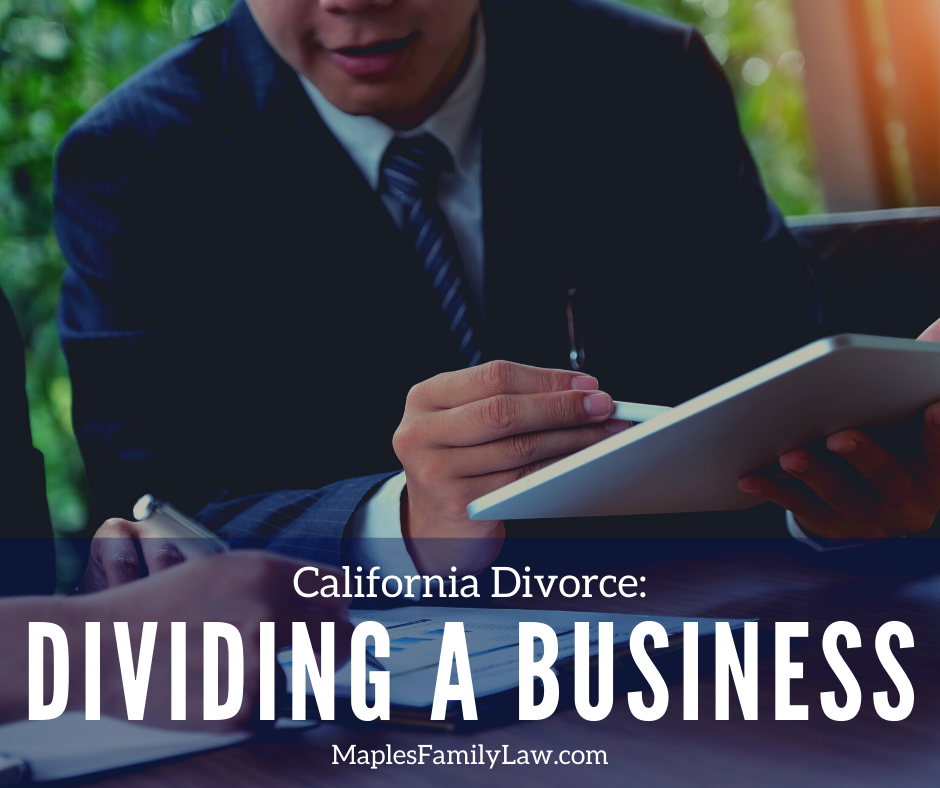
Dividing a Business in a Divorce
When you’re a business owner going through a split, you need to know about dividing a business in a divorce. Do you have to give your spouse half of the company, will you have to sell it, or can you “buy out” your soon-to-be ex?
Dividing a business during a divorce can be a big challenge – and that’s why it’s so important that you work with a Stockton divorce attorney who understands what you’re going through and who can connect you to the experts you need to work with.
Dividing a Business in a Divorce: The Basics
During your divorce, you’ll make a lot of important decisions. You’ll have to think about child custody, spousal support, and how you’ll divide your regular assets and debts – and if you’re a business owner, you’ll have to consider what happens next in that area, as well.
Typically, you have three options:
- One of you keeps the business
- Both of you keep the business
- You sell the business
Before you can start considering any of those options, you have to find out exactly how much your business is worth. A business valuation is an in-depth look at exactly how much the business is worth, and typically, it requires a professional assessment. So many factors can impact the value of a company, including its financial history, projected future revenues and expenses – so in the vast majority of cases, a professional valuation is necessary.
Here’s a closer look at each option you may have if you’re dividing a business in a divorce.
Related: California divorce law: Division of assets
#1. One of you keeps the business

If one spouse doesn’t have the money to buy the other spouse’s interest in the company, the court may allow you to work out an arrangement for payment over time. Your attorney can give you case-specific guidance if this is a route you’re interested in taking.
Related: Are assets always split 50-50 in a California divorce?
#2. Both of you keep the business

Related: Community property in California
#3. You sell the business

Unfortunately, there’s no one-size-fits-all approach to dividing a business in a divorce. You and your attorney – and your soon-to-be ex-spouse – will have to work together to figure out which option is right for you. Ultimately, what you decide to do will have an impact on your divorce and on your future after the divorce.
Related: California divorce laws on property division
Do You Need Legal Advice on Dividing a Business in a Divorce?
If you and your spouse are splitting up – or if you’re simply considering divorce and would like to learn about what might happen in your case – we may be able to help you. Call us at (209) 546-6870 or get in touch with a Stockton divorce attorney online to schedule a consultation.


